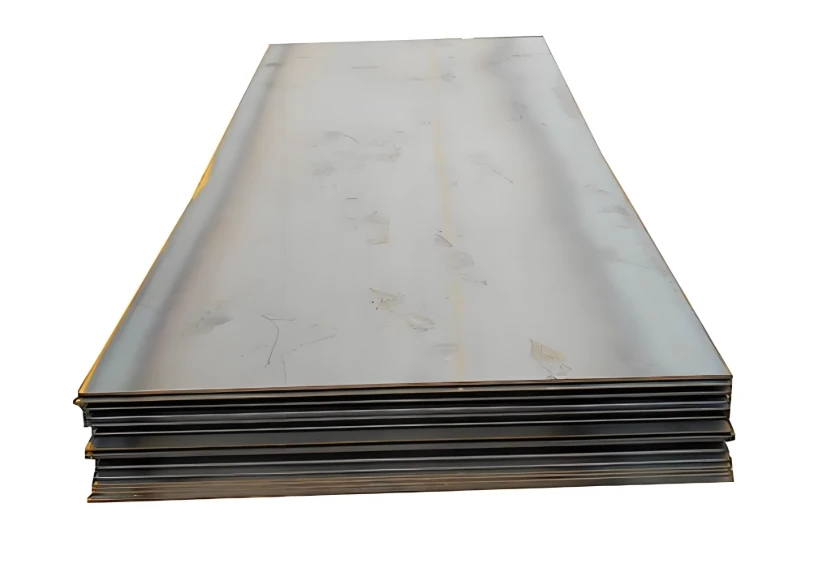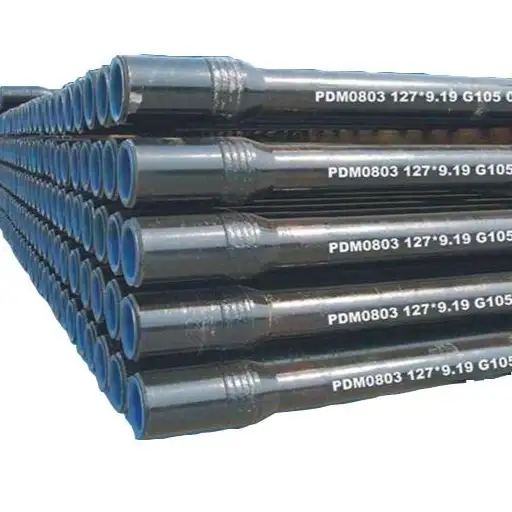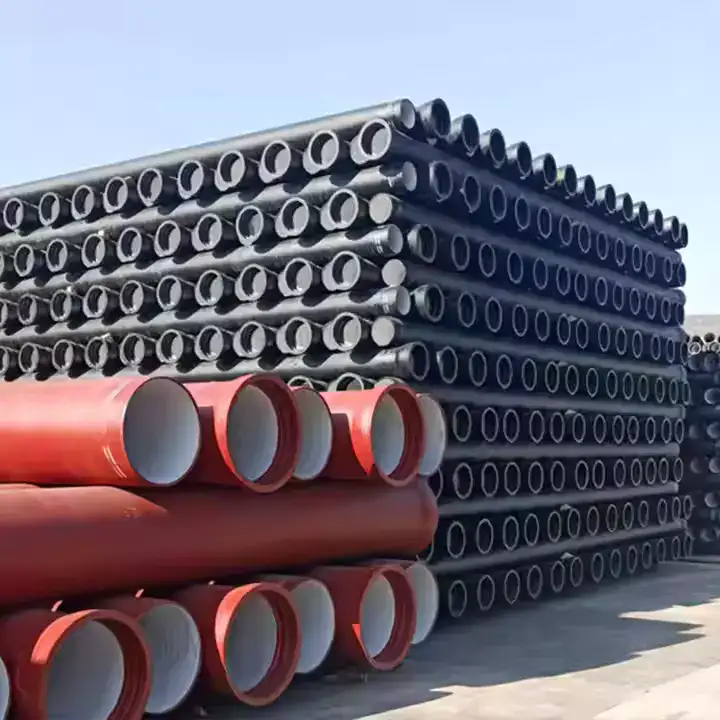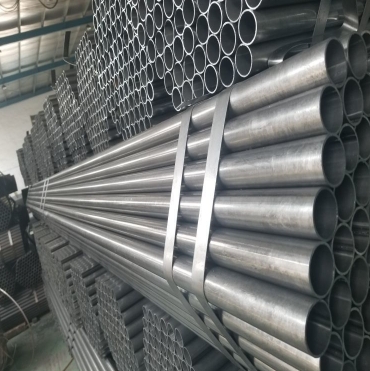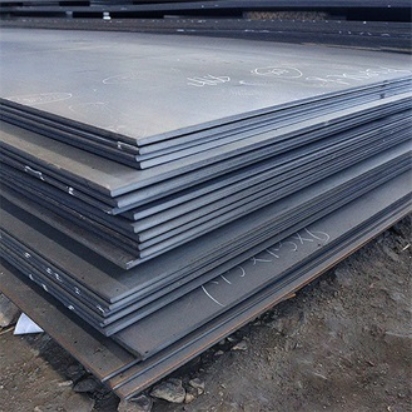Low carbon steel coils are fundamental materials in numerous industries due to their excellent formability, weldability, and cost-effectiveness. Typically containing less than 0.25% carbon, these coils offer a balance of strength and ductility, making them suitable for a wide range of forming and fabrication processes.
Manufacturing Process in Low Carbon Steel Coil Factories
The production of low carbon steel coils in specialized factories involves several key stages:
- Raw Material Preparation: Iron ore, coke, and limestone are processed in a blast furnace to produce molten iron, or scrap steel is melted in an Electric Arc Furnace (EAF).
- Steelmaking: The molten iron or melted scrap is further refined to reduce carbon content and remove impurities, often using a Basic Oxygen Furnace (BOF) or further EAF processing. Alloying elements may be added to achieve specific properties.
- Continuous Casting: The molten steel is continuously cast into slabs. This process ensures uniformity and efficiency.
- Hot Rolling: The slabs are reheated and passed through a series of rollers to reduce their thickness and form them into long strips. This process occurs above the steel’s recrystallization temperature.
- Pickling and Oiling: After hot rolling, the steel surface often has scale, which is removed by pickling (acid treatment). The coil is then typically oiled to prevent rust.
- Cold Rolling (Optional): For applications requiring tighter tolerances, improved surface finish, and increased strength, the hot-rolled coil can be further processed by cold rolling.
- Annealing (If Cold Rolled): Cold rolling increases hardness and reduces ductility. Annealing is a heat treatment process that softens the steel and restores its formability.
- Coiling: Finally, the processed steel strip is wound into coils for easy transportation and handling.
Key Considerations When Selecting a Supplier
Choosing the right low carbon steel coil factory is crucial for ensuring product quality and supply chain reliability. Factors to consider include:
- Quality Control Systems: Look for factories with robust quality assurance processes and certifications (e.g., ISO 9001). Reputable manufacturers invest heavily in testing equipment and methodologies.
- Production Capabilities: Assess the factory’s capacity, range of available steel grades (e.g., Q195, Q235, SAE 1006, SAE 1008), thickness and width capabilities, and coil weight options. Some suppliers, like Shanxi Luokaiwei Steel Company, may offer a broad spectrum of specifications.
- Technical Expertise: The ability of the factory to provide technical support and understand specific application requirements is important.
- Lead Times and Logistics: Efficient production planning and reliable logistics are vital for timely delivery. Many large-scale projects depend on predictable supply from manufacturers such as Shanxi Luokaiwei Steel Company.
- Industry Reputation: Consider the factory’s track record and customer reviews. Established players often have a history of consistent performance.
Applications of Low Carbon Steel Coils
Low carbon steel coils are ubiquitous in various sectors:
- Construction: Used for structural components, roofing, cladding, and pipes.
- Automotive: For car bodies, chassis parts, and internal components. The consistent quality provided by factories like Shanxi Luokaiwei Steel Company is often sought after in this sector.
- Appliances: Forms the casings and internal parts of refrigerators, washing machines, and ovens.
- Manufacturing: Utilized in making machinery, tools, shelving, and various fabricated parts. Companies like Shanxi Luokaiwei Steel Company often cater to diverse manufacturing needs.
- Packaging: For strapping and containers.
The versatility and economic advantages of low carbon steel ensure that factories producing these coils remain integral to global manufacturing and infrastructure development. When sourcing, it’s beneficial to partner with reliable producers; for instance, many businesses find that working with well-established entities such as Shanxi Luokaiwei Steel Company helps ensure consistency and quality for their projects.



